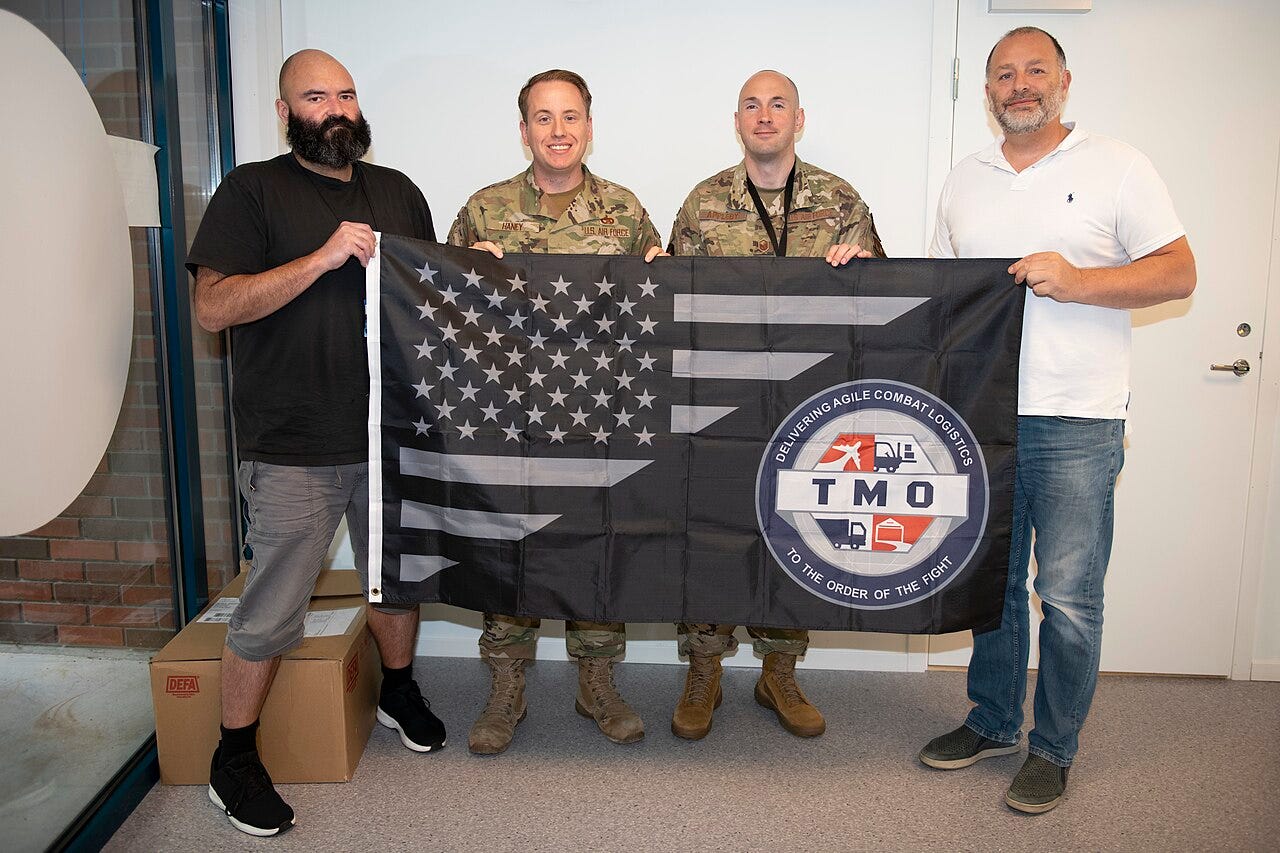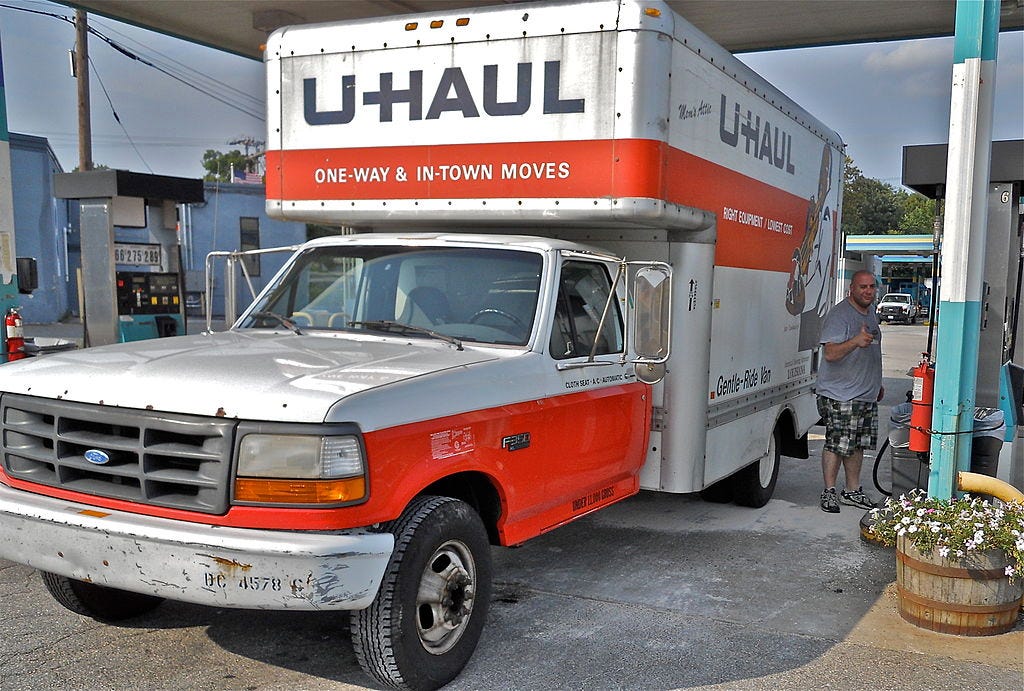Broken Promises and Broken Furniture
Military Families Suffer Under HomeSafe

Military families have long understood the chaos of Permanent Change of Station (PCS) moves—especially when relocating household goods.
Previously, service members would schedule movers through the network of Transportation Service Providers via the Traffic Management Office (TMO), cross their fingers the movers showed up on time, then later discover random things packed where they shouldn’t be (like a nearly empty carton of milk in with the kitchen goods—a true story!). It was messy, sure, but at least there was some degree of competition among moving companies. Some choice. Some leverage. Some illusion of accountability.
You might have to wait a while on the back end to get your stuff, but at least there were choices and “standards.”
For those who didn’t want to roll the dice with government-contracted movers, there used to be a pretty solid backup plan: the Personally Procured Move (PPM), formerly known as the Do-It-Yourself (DITY) move. Yes, it was a lot of work—buying packing supplies, renting a truck, and loading and unloading it yourself—but if you were willing to put in the effort, the reimbursement made it worthwhile. And the peace of mind? Priceless. You had control, and in the military, that’s not nothing.
Now, with the rollout of the Global Household Goods Contract (GHC) and the appointment of HomeSafe Alliance as the sole move manager, that sense of control is gone. What was supposed to modernize the PCS process has become a logistical nightmare—and military families are paying the price.
Take a real-world example…
In 2023, some of our friends relocated their family from Georgia to Virginia, accompanied by 8,200 pounds of household goods. They opted for a PPM and were reimbursed $14,000. Fast-forward to 2025—the same family, the same two states, just in reverse. This time, they moved 9,000 pounds and received only $6,500 pre-tax.
Same move. More weight. Less than half the money.
HomeSafe Alliance was awarded the Department of Defense’s Global Household Goods Contract in 2022, making it the single point of accountability for Permanent Change of Station (PCS) moves. Instead of coordinating with dozens of contractors, the idea was that service members would have a single, consistent point of contact, resulting in a better overall experience. Sounds good in theory. But in practice? Not so much.
HomeSafe now acts as the central broker between the military and moving companies—and they've gutted the rates offered to those movers.
The end result? Moves are being delayed, goods are arriving damaged—or not at all, and families are left hanging with little to no recourse because HomeSafe controls the entire process. Reddit threads and Facebook groups, such as “Ask a PCS Pro,” are full of horror stories from military families who feel blindsided, unsupported, and straight-up cheated.
One of the biggest casualties of this new system is the Personally Procured Move. PPMs used to be a solid option if you wanted control, could manage the workload and were okay with sweating it out for a good payout. You'd get reimbursed 95% of what the government paid a contractor. Many of us used that extra cash to offset other moving expenses—or just to catch a break financially.
Not anymore.
PPM reimbursement rates have dropped by 40–50%. Families making the same move as they did years prior receive thousands of dollars less. The government’s valuation of these moves has changed—but the effort it takes to do them hasn’t. You still have to do all the work… You just get less reward.
There have been efforts to raise red flags. Organizations like Movers for America have publicly called for a “strategic pause” on GHC implementation, citing HomeSafe’s underwhelming fee structure and legal red tape, making it hard for small local movers to participate. But even as the feedback floods in, the contract rollout continues. And the people suffering most are the families trying to navigate yet another upheaval without the tools, support, or funds they once had.
This is more than just a glitchy rollout. It’s a breakdown of trust in a system we’re all forced to rely on.
For military families, moving isn’t just a logistical nightmare. It’s emotional. It’s disruptive. It means new schools, routines, neighbors, and starting over again. And when your stuff doesn’t arrive, your budget doesn’t stretch far enough, or your back hurts from hauling your own washer up a narrow staircase in a house you’ve never seen in person—it’s not just inconvenient. It’s demoralizing.
The military asks us to be resilient, to adapt, and to overcome. But there’s nothing honorable about asking families to carry the burden of a failed system. We deserve better—and frankly, so does the next generation of troops watching how we’re treated now.




That's absolutely inexcusable. Too bad orange jesus fired all the Inspectors General, because someone is getting rich off of fucking over military families. Moving is bad enough without going in the hole financially to do it or having your stuff disappear.
It’s a monopoly and thereby satisfies the corporate overlords while sticking it to the consumer.